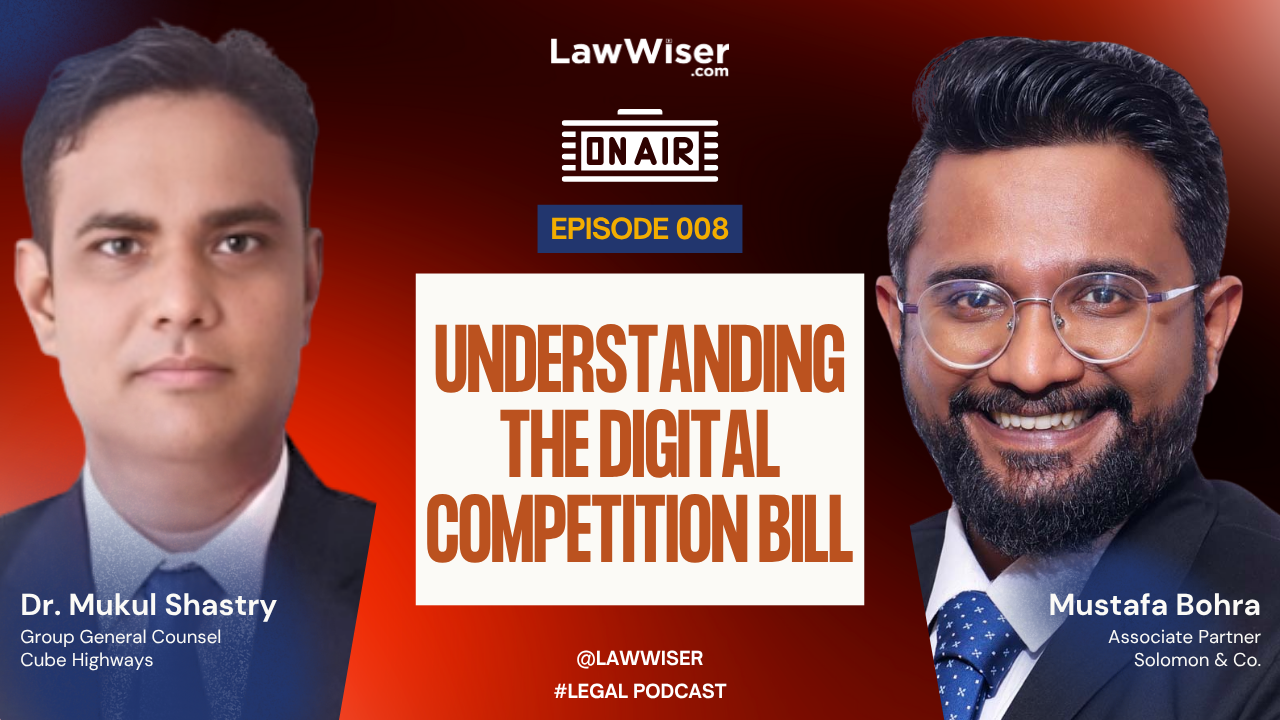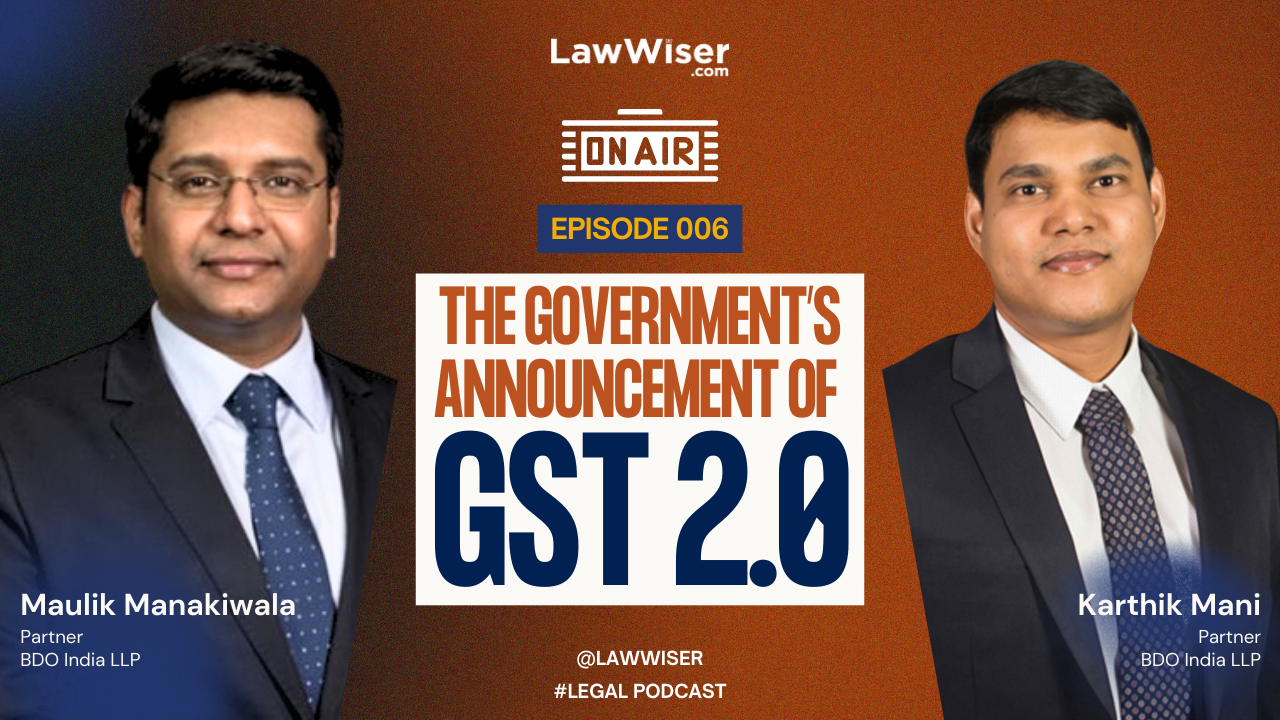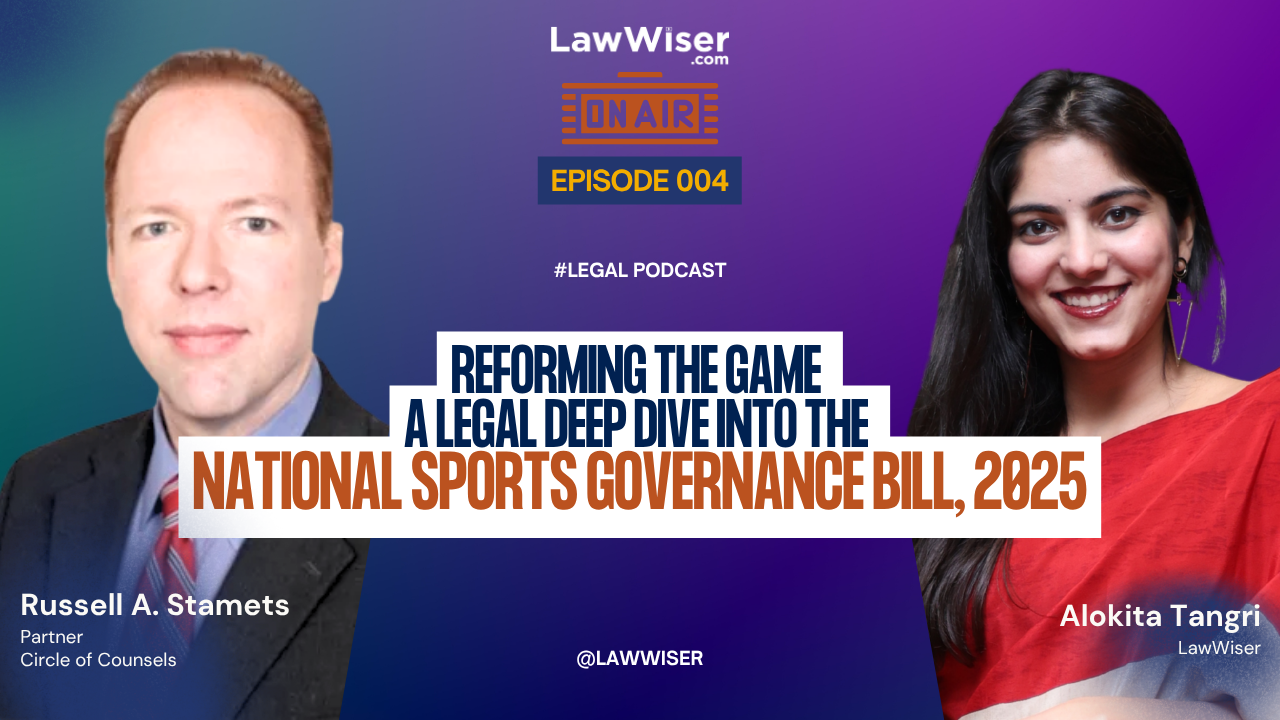Comparing Constitutions: UK vs. India – Key Differences & Striking Similarities
In this engaging video, Sam McCole, a law student from the UK, takes you on an insightful journey through the distinct constitutional frameworks of the United Kingdom and India. Despite both nations being rooted in parliamentary democracy, their constitutional systems exhibit significant differences in historical development, structure, and function. This video offers a comprehensive comparison of these two influential legal systems, shedding light on the nuances that make them unique.
The discussion begins with an exploration of the UK’s constitution, which is uncodified and comprises a collection of statutes, conventions, and common law principles. Sam delves into how the UK’s constitutional evolution, marked by key documents like the Magna Carta and the Bill of Rights, has shaped the role of the monarch, who now holds a strictly apolitical position. In contrast, India’s constitution, a codified and entrenched document, vests the President with certain political powers, including the ability to veto legislation.
Sam also examines the status of Parliament in both countries. While the UK upholds the convention of Parliamentary sovereignty, where Parliament is supreme and can make or repeal any law, India’s Parliament operates under the nation’s constitution, making it subordinate to constitutional mandates.
Furthermore, the video highlights the protection of fundamental rights in both regions. While both constitutions guarantee rights such as equality before the law and freedom of religion, Sam notes that the UK has enshrined some rights, like marriage equality, that India has not yet fully recognised.
Finally, the judiciary’s role is discussed, comparing the UK’s Supreme Court, which can have its rulings disregarded by Parliament, with India’s Supreme Court, which serves as the guardian of the constitution and protector of fundamental rights.
Watch the video to deepen your understanding of these complex yet fascinating legal systems.











